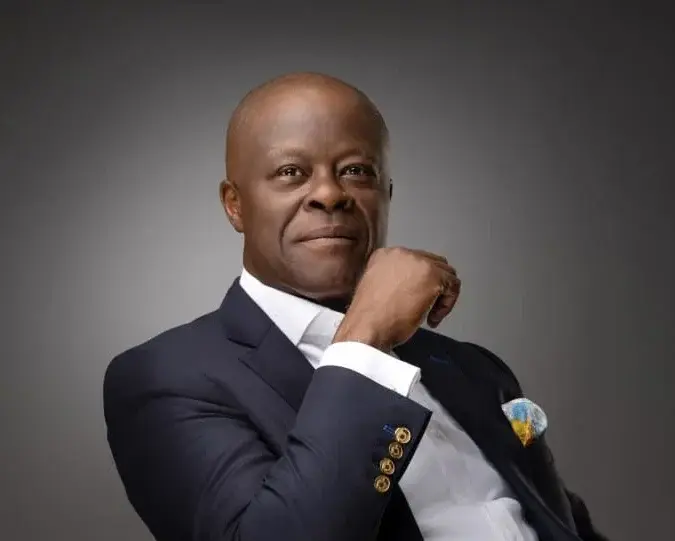The Minister of Finance and Coordinating Minister for the Economy, Mr. Wale Edun, has revealed that the N13 trillion deficit in the proposed N48 trillion 2025 budget will be financed through borrowing.
Edun made this known on Monday while addressing State House correspondents after the Federal Executive Council (FEC) meeting held at the Presidential Villa in Abuja.
According to the minister, the total projected revenue for 2025 stands at N34.82 trillion, while expenditures are expected to reach N47.96 trillion—a 36.8% increase compared to the 2024 budget. This leaves a budget deficit of N13.14 trillion, which accounts for 3.89% of the Gross Domestic Product (GDP).
Edun emphasized that the 2025 budget reflects progress made under the leadership of President Bola Tinubu over the past 18 months. He also placed the budget within a global context, noting that fiscal sustainability remains a priority for governments worldwide.
“We, like governments around the world, are focused on achieving fiscal sustainability by balancing revenues, expenditures, and borrowing. This approach is essential to foster economic growth in a private sector-led economy like ours,” Edun stated.
The minister explained that investor confidence is crucial for economic development, as private investments drive productivity, job creation, and poverty alleviation.
“Private sector participation allows for investment in key projects, increases productivity, creates jobs, grows the economy, and helps lift people out of poverty. Policies introduced by this administration have created an enabling environment for such investments,” he said.
Edun highlighted key reforms implemented under President Tinubu’s administration, including market-driven pricing for petroleum products, adjustments in the foreign exchange market, and ongoing efforts to enhance electricity pricing.
He cited recent investment commitments as evidence of growing confidence in Nigeria’s economic outlook. “Shell recently announced a $5 billion investment, while Total made a multi-billion-dollar investment before that. Many other investors have also expressed strong interest in Nigeria,” Edun added.
The minister underscored the importance of both public spending in critical sectors and private sector investments in driving sustainable growth.
“This budget prioritizes government expenditure in key areas while also creating opportunities for private sector investments. For the first time in 25 years, we are witnessing domestic petroleum refining, which provides not only fuel but also raw materials for industries ranging from pharmaceuticals to building materials and textiles,” Edun concluded.
He reiterated that the positive economic indicators point to an improving fiscal environment and further opportunities for growth.













